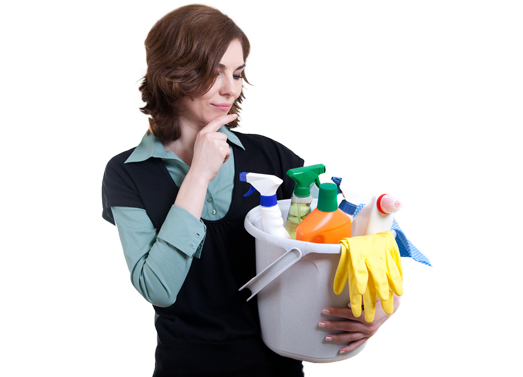The Science Behind Messy vs. Clean Workspaces and Their Impact on Performance
Posted on 24/07/2024
When it comes to workplace productivity, there is an ongoing debate about the benefits of a messy vs. clean workspace. Some argue that a cluttered desk is a sign of creativity and productivity, while others believe that a tidy workspace leads to greater focus and efficiency. So what does science have to say about this matter? Let's explore the science behind messy vs. clean workspaces and how they can impact our performance.
The Case for Messy Workspaces
For some individuals, a messy workspace can actually be beneficial for their creativity and problem-solving abilities. A study published in the Journal of Psychological Science found that people working in a disorderly environment were more likely to come up with original ideas compared to those working in a neat and organized space. This is because an untidy workspace can encourage individuals to think outside the box and break away from the conventional patterns of thinking.
Additionally, having too many organizational systems in place can often lead to a rigid way of thinking and limit cognitive flexibility. On the other hand, a cluttered desk can act as a visual reminder of unfinished tasks, prompting individuals to get them done in order to clear their workspace.

The Benefits of a Clean Workspace
While some may thrive in chaos, studies have also shown that having a clean and organized workspace can have its own set of benefits. A study conducted by Princeton University found that physical clutter can negatively affect our ability to focus and process information. In fact, participants who were asked to complete tasks in a cluttered environment had decreased productivity levels compared to those working in an uncluttered space.
Having an organized workspace also helps reduce stress levels. The constant reminder of unfinished tasks on a cluttered desk can create feelings of overwhelm and anxiety, making it harder for individuals to stay focused on their work.
Pros and Cons: Finding Balance
As with most things in life, there are pros and cons to both messy and clean workspaces. The key is finding a balance that works for you. A cluttered desk may boost creativity but it can also lead to feelings of stress and distraction. On the other hand, an organized workspace can increase focus and efficiency but can also limit out-of-the-box thinking.
Tips for Creating an Ideal Workspace
Whether you prefer a messy or clean workspace, here are some tips to help create an ideal environment for productivity:
- Keep essential items within arm's reach: Whether it's a notebook, pen, or a glass of water, having your essentials nearby can save time and prevent distractions.
- Use storage solutions: Invest in useful storage solutions such as bins, file organizers, and shelves to keep clutter at bay.
- Take regular breaks: No matter how clean or messy your workspace is, taking regular breaks is important for productivity and overall well-being.
- Declutter regularly: Set aside time each week to declutter your workspace to avoid feeling overwhelmed or stressed.

Key Takeaways
- Both messy and clean workspaces have their own benefits and drawbacks.
- A cluttered desk may boost creativity but can also lead to stress and distraction.
- An organized workspace can increase focus and efficiency but may limit out-of-the-box thinking.
- Finding a balance between the two can be beneficial for productivity.
Conclusion
In conclusion, there is no "one size fits all" answer when it comes to the debate between messy vs. clean workspaces. The key is understanding our individual preferences and finding a balance that works for us. While a cluttered desk may inspire creativity in some, others may find it overwhelming. Similarly, an organized workspace may lead to better focus for some while others may feel restricted in their thinking. It ultimately comes down to personal preference and finding what helps us perform at our best.




